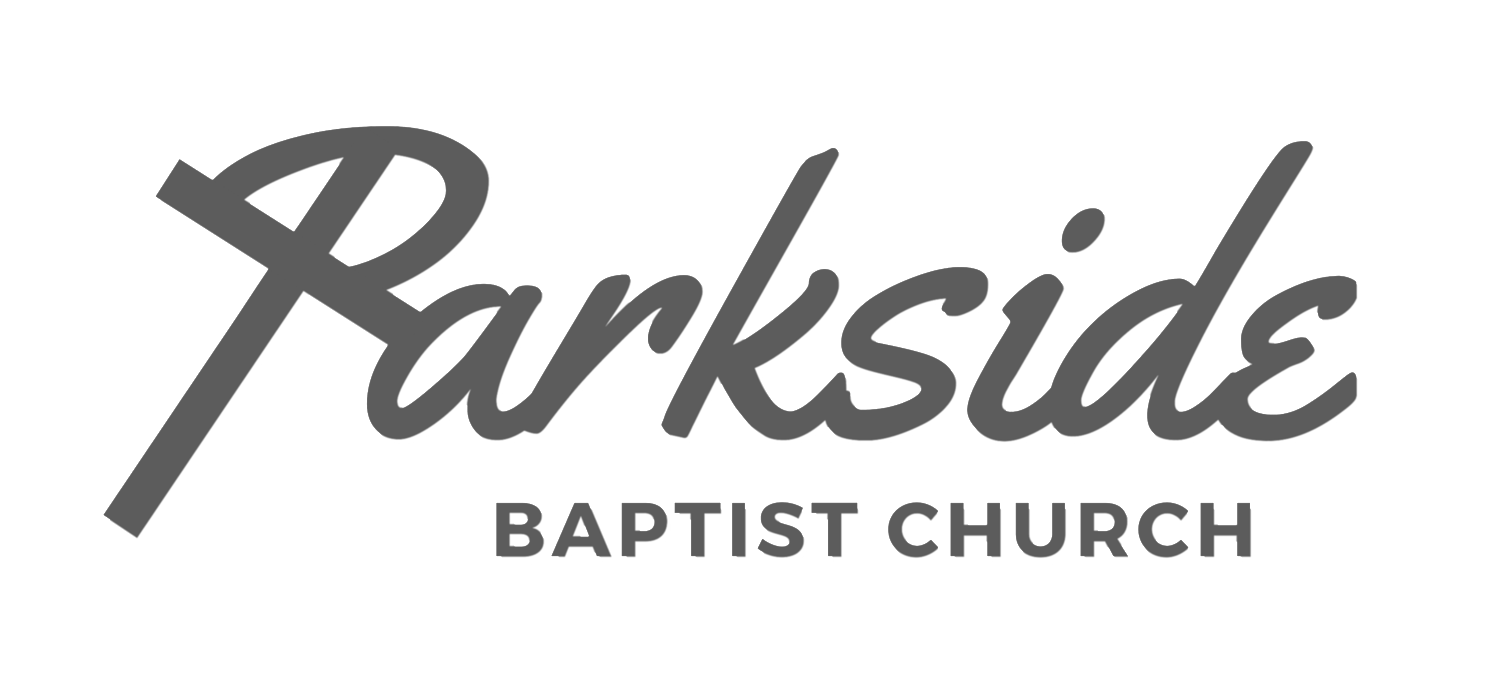Tolerance and diversity are buzz words that are used a lot in our culture, especially when it comes to religious belief or otherwise. Pluralism says that we should accept all religions and live in harmony because all roads lead to the same God; we are all on the journey up the mountain but just on different paths. Agreed we must love each other, however, there are some fundamental problems with this nice sounding approach that need serious consideration before we all share a group hug. Firstly, the portraits of God, Jesus and ultimate reality offered in the different sacred writings of the various religions are so contradictory. Unless God is not altogether truthful, it is not possible to argue for pure pluralism. Secondly, pluralism claims to have discovered a higher truth than all other religions; that is that we are all a bit deluded and in fact all religions are the same. This claim of a higher reality or enlightenment assumes an intellectual high ground that exceeds any of the claims of the world religions. Yet if asked to define clearly what this higher reality actually is, pluralists are remarkably vague and incoherent in their description of this God or greater reality.
I think pluralism is attractive, not because it offers a clearer and new perspective of a personal universal God that is some combination of all world religions. But its foundation is that it cannot tolerate the claims of the different religions, especially Christianity and Islam. The idea of judgment and consequences for people’s actions and choices is not palatable. Neither is the idea that any one of the major religions might be right and hold the ultimate truth. So therefore there must be a different reality, but one that they cannot clearly define. They know what they don’t like but they struggle to articulate clearly the reality that they claim is the higher and superior knowledge. To put it another way, pluralists like some of what Jesus say but not all of what Jesus says.
Tolerance comes from the Latin word tolerare, meaning “to bear” something harmful or contrary. To gently bear another in love is truly tolerant, not to embrace all of their views into yours or agree on everything. True tolerance does not involve accepting every view point as true and valid; it involves treating with love and humility someone who holds to different opinions and values without being untrue to yourself.
“True tolerance does not involve accepting every view point as true and valid”
Pluralism I believe delivers much less than it promises. Jesus said “I am the way, the truth and the life – no one comes to the father but through me”. Does that mean that people who have never heard of Jesus won’t be in heaven? No. But does that mean all paths lead to God? No. If God has revealed himself and Jesus is the Son of God, then we have to submit our will to his no matter how intolerant the world tells us we are. But we must do all things in love; love for God and love for others.
Grace and Peace – Garry




